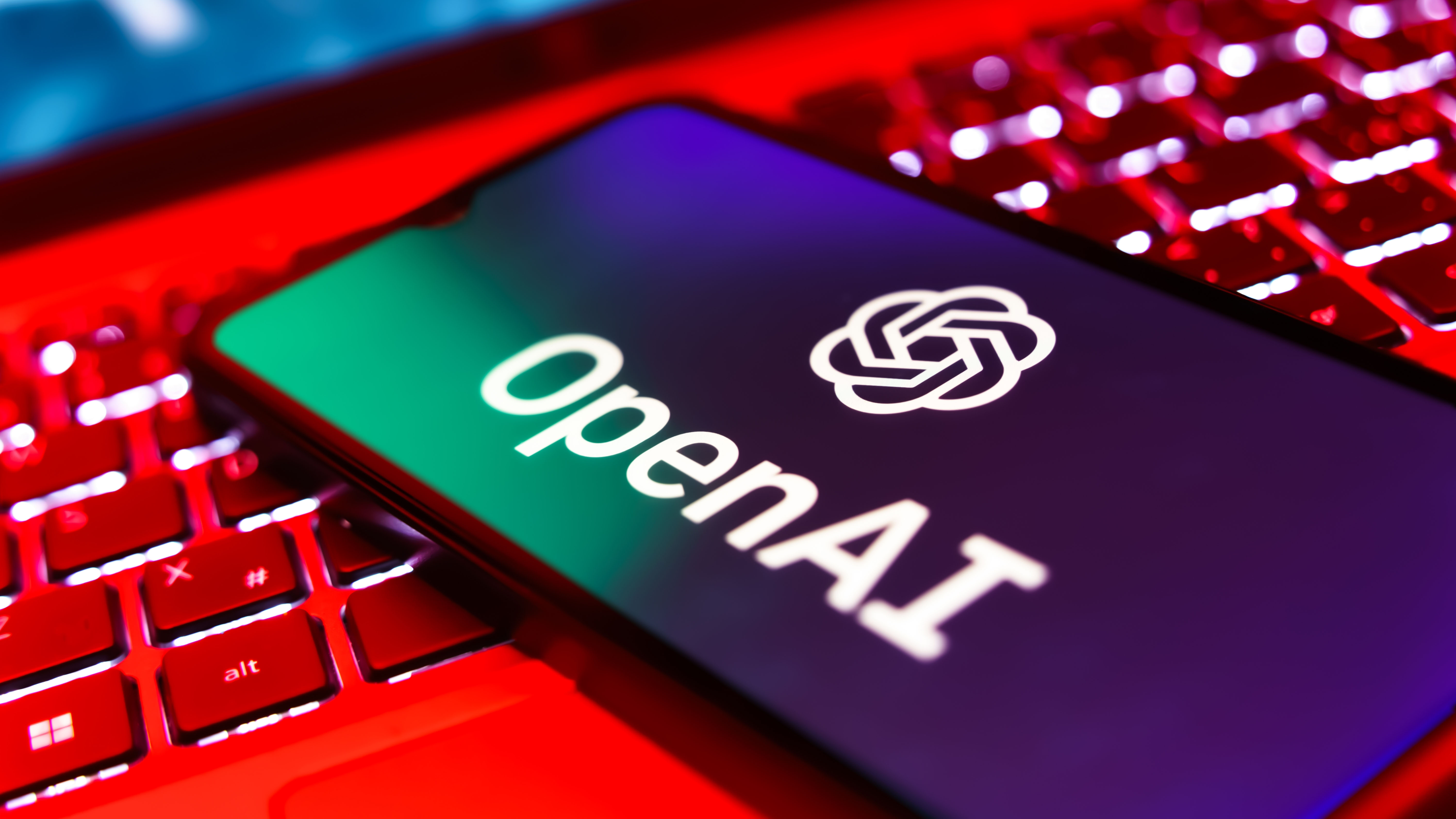OpenAI just announced something big, but it's not GPT-5
The autonomous AI promises to handle every click and open tab in your browser

- OpenAI has released gpt-oss-20b and gpt-oss-120b as open-weight models
- The gpt-oss-20b model can run locally on a consumer PC
- These models let users see each step of the AI's thinking process, making them more transparent in how they function
OpenAI has just dropped two new AI models, gpt‑oss‑120b and gpt‑oss‑20b. Not only are they new, but they're the first open‑weight models from ChatGPT's creator since GPT‑2.
The smaller of the two – gpt-oss-20b – is especially notable for being light enough to run on a decently specced consumer PC. If you’ve got about 16GB of RAM and some patience, you can load it up, ask it questions, and actually see how it arrives at answers. The larger 120b model still requires serious hardware or cloud support.
Both models are part of OpenAI's new push to encourage developers to play around with the models and even commercialize them for the average user. For the first time in years, developers and curious individuals alike can download and run OpenAI models on their own machines, inspect how they think, and build on them freely. They're available via Hugging Face and AWS under the Apache 2.0 license.
Being open weight means the models provide a level of transparency and independence that most people haven’t had since ChatGPT first went viral. The real-time reasoning is visible throughout, and you can see how the 'logic' of the model leads to its final options for how to respond and how it makes that decision.
That’s a big shift for OpenAI. The company has spent several years restricting access to its most powerful tools, offering only API endpoints and paid tiers. Now it’s returning a little bit to the GPT-2 era, but with far more capable models. Even so, the lighter model isn't something everyone will rush to as a replacement for the ChatGPT app.
gpt-oss is out!we made an open model that performs at the level of o4-mini and runs on a high-end laptop (WTF!!)(and a smaller one that runs on a phone).super proud of the team; big triumph of technology.August 5, 2025
Open weight access
The flexibility provided by the new models could be a boon for OpenAI as the open-weight approach becomes more popular. DeepSeek, Meta, and Mistral have all released open models in some fashion recently. But most have turned out to be semi-open, meaning they are trained on undisclosed data or have constricted terms and usage limits.
The gpt-oss models are straightforward in offering the weights and license, though the training data remains proprietary. And OpenAI’s gpt-oss models bring compatibility with OpenAI’s widely used interface, as well as a bigger window into how the model makes decisions that stand out.
Sign up for breaking news, reviews, opinion, top tech deals, and more.
So, where DeepSeek models tend to emphasize the raw power and relatively low-cost performance of their models, OpenAI is more interested in explaining how the models work. That will pique the interest of many developers trying to learn or experiment. You can literally pause and look at what’s going on inside the model.
It’s also a signal to the developer community: OpenAI is inviting people to build with its tech in a way that hasn’t been possible for years. These models don’t just output chat completions; they offer a foundation. With the Apache license, you can fine-tune, distill, embed, or wrap them into entirely new products. And you don’t need to send data to a third party to do it. Those hoping for a more decentralized AI ecosystem are likely to be pleased.
For those of us who are less technical, the main point is that you might see AI apps that run very well without needing a subscription price from you, or personalized tools that don't send your data to the cloud. With this release, OpenAI can claim to be willing to share more with developers, if not quite everything.
For a company that’s spent much of the past two years building closed systems and premium subscriptions, releasing a pair of models this capable under open licenses feels like a major philosophical change, or at least the desire to make such a change seem real.
And while these two models don't represent the push into the era of GPT-5, OpenAI chief Sam Altman has teased that even more announcements are on the horizon, so it's likely that the next-generation model is still being readied.
You might also like
- OpenAI's first AI Agent is here, and Operator can make a dinner reservation and complete other tasks on the web for you
- There’s a new AI agent ready to browse the web and fill in forms without the need to touch your mouse
- I tried this new AI agent that takes control of your mouse and keyboard to help get tasks done, and I can’t believe how good it is

Eric Hal Schwartz is a freelance writer for TechRadar with more than 15 years of experience covering the intersection of the world and technology. For the last five years, he served as head writer for Voicebot.ai and was on the leading edge of reporting on generative AI and large language models. He's since become an expert on the products of generative AI models, such as OpenAI’s ChatGPT, Anthropic’s Claude, Google Gemini, and every other synthetic media tool. His experience runs the gamut of media, including print, digital, broadcast, and live events. Now, he's continuing to tell the stories people want and need to hear about the rapidly evolving AI space and its impact on their lives. Eric is based in New York City.
You must confirm your public display name before commenting
Please logout and then login again, you will then be prompted to enter your display name.